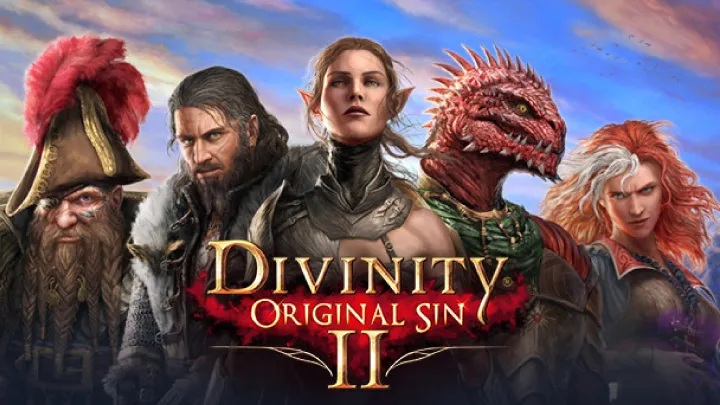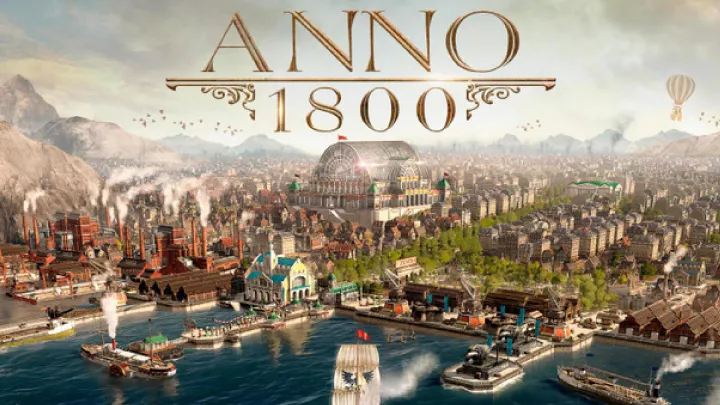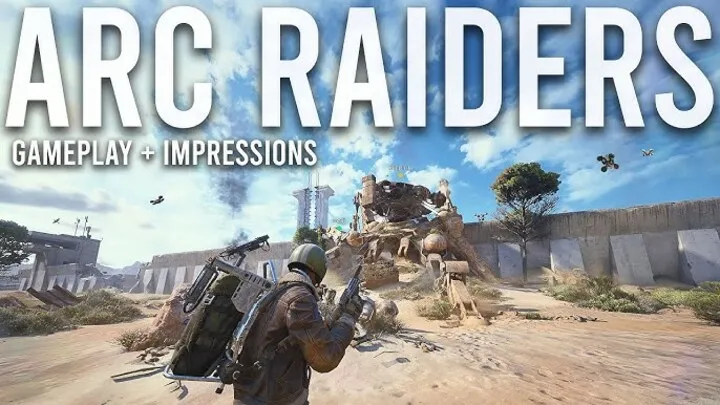Introduction
Empire-building games attract players who crave more than fast reflexes — they want to plan, analyze, and rule. These games are for thinkers who love managing economies, commanding armies, and constructing civilizations that stand the test of time. Whether set in ancient Rome, medieval kingdoms, or futuristic galaxies, empire-building games allow players to shape entire worlds with strategic decisions.
In this article, we’ll explore the best empire-building games for thinkers, from classics that defined the genre to modern titles that revolutionize it. Each game challenges your intellect, patience, and leadership — making every victory feel truly earned.
1. Civilization II – The Grand Strategy Masterpiece
The Legacy of Civilization
Sid Meier’s Civilization VI remains the crown jewel of empire-building games. Starting from the dawn of humanity, you guide your civilization through millennia — from settling your first city to launching rockets into space.
Depth for the Mind
Civ VI rewards foresight and adaptability. Diplomacy, culture, science, and religion all intertwine. Every decision — from city placement to policy choice — can alter the fate of your empire. It’s a game of patience and long-term thinking, ideal for players who enjoy the art of intelligent conquest.
2. Age of Empires IV – The Return of the Classic
Strategy in Real Time
Age of Empires IV revives one of the most beloved real-time strategy series. You lead civilizations like the English, Mongols, or Delhi Sultanate through dynamic campaigns that test both speed and strategic insight.
History Meets Tactics
Unlike turn-based titles, this game demands rapid decision-making. Balancing resource gathering, army building, and technological upgrades becomes a mental ballet. It’s a test of critical thinking under pressure — perfect for those who love tactical problem-solving.
3. Total War: Three Kingdoms – Politics and Power
Merging Strategy and Story
Creative Assembly’s Total War: Three Kingdoms combines empire management with cinematic warfare. Set in ancient China, it intertwines politics, diplomacy, and massive real-time battles.
The Thinker’s Playground
What sets it apart is the balance between strategy and human psychology. Each general has relationships, loyalties, and rivalries that affect your empire’s stability. Managing personalities is as crucial as managing armies — making it ideal for analytical players who think several moves ahead.
4. Europa Universalis IV – Mastering the Global Stage
The Depth of Diplomacy
Europa Universalis IV is not for casual players. It’s a deep, intricate grand strategy game that spans from the late Middle Ages to the early modern era. You manage trade, warfare, colonization, and diplomacy at a scale few games match.
Infinite Possibilities
With its complex systems, EU4 rewards meticulous planning. Whether expanding the Ottoman Empire or building a small trading nation, your strategic foresight determines success. It’s a mental marathon — and a paradise for thinkers who love complexity.
5. Stellaris – Empires Among the Stars
A Galactic Chessboard
Paradox’s Stellaris moves empire-building to the stars. You guide an interstellar civilization through exploration, diplomacy, and warfare across a procedurally generated galaxy.
Thinking Beyond Humanity
Unlike most strategy games, Stellaris pushes philosophical questions: How do you govern alien species? What kind of ethics will your civilization follow? Every policy and encounter reflects your values as a ruler, blending logic and imagination in a cosmic sandbox.
6. Frostpunk – Survival Meets Leadership
Moral Dilemmas in a Frozen World
In Frostpunk, you lead the last city on Earth after an apocalyptic ice age. Survival depends on not just technology, but difficult moral choices — forcing players to weigh logic against empathy.
The Thinker’s Burden
Every policy has consequences. Do you enforce harsh laws for order or encourage hope and freedom? Thinkers thrive here because success requires balancing efficiency, ethics, and emotional intelligence — all under constant pressure.
7. Banished – The Minimalist Empire Builder
Small Scale, Big Thinking
Banished strips away war and politics, focusing on survival and sustainability. You control a group of exiles who must build a thriving town from nothing.
Economy of Mind
Every resource matters. Mismanaging food, firewood, or population growth can destroy your settlement. Banished challenges players to think like real-world urban planners — analyzing systems, predicting needs, and preventing collapse.
8. Anno 1800 – The Industrial Revolution in Motion
Building Through Innovation
Ubisoft’s Anno 1800 immerses players in the dawn of industry. As an ambitious entrepreneur, you balance production chains, trade routes, and city layouts to create a thriving industrial empire.
A Symphony of Systems
The beauty of Anno 1800 lies in its complexity. Managing supply lines and public happiness requires both logic and creativity. It’s ideal for thinkers who love optimization — every small adjustment creates ripple effects across your empire.
9. Crusader Kings III – The Politics of Power
A Kingdom of Intrigue
Crusader Kings III redefines empire-building by focusing on dynasties rather than just territories. You play as rulers whose ambitions, marriages, and betrayals shape generations.
Strategic Storytelling
Unlike typical strategy games, CK3 is as much about psychology as power. You must read your enemies, manage family feuds, and navigate shifting alliances. Thinkers will relish its depth — success depends as much on emotional intelligence as strategic planning.
10. RimWorld – Building Through Behavior
Colonial Chaos
RimWorld combines colony management with emergent storytelling. You oversee colonists stranded on a distant planet, each with unique traits and personalities.
Behavioral Strategy
What makes RimWorld exceptional is its AI-driven narrative. Colonists form relationships, suffer breakdowns, and act unpredictably. To succeed, you must think like a psychologist, engineer, and leader all at once. It’s empire-building on a human scale — perfect for the analytical mind.
Conclusion: The Mind Behind the Empire
Empire-building games aren’t about brute force; they’re about foresight, balance, and wisdom. From ancient conquests in Civilization VI to galactic diplomacy in Stellaris, these games demand the player to think critically, anticipate outcomes, and make morally complex choices.
For thinkers, these games are more than entertainment — they are mental exercises, strategic puzzles, and reflections of leadership. The true reward lies not in the size of your empire, but in the brilliance of your strategy.

















